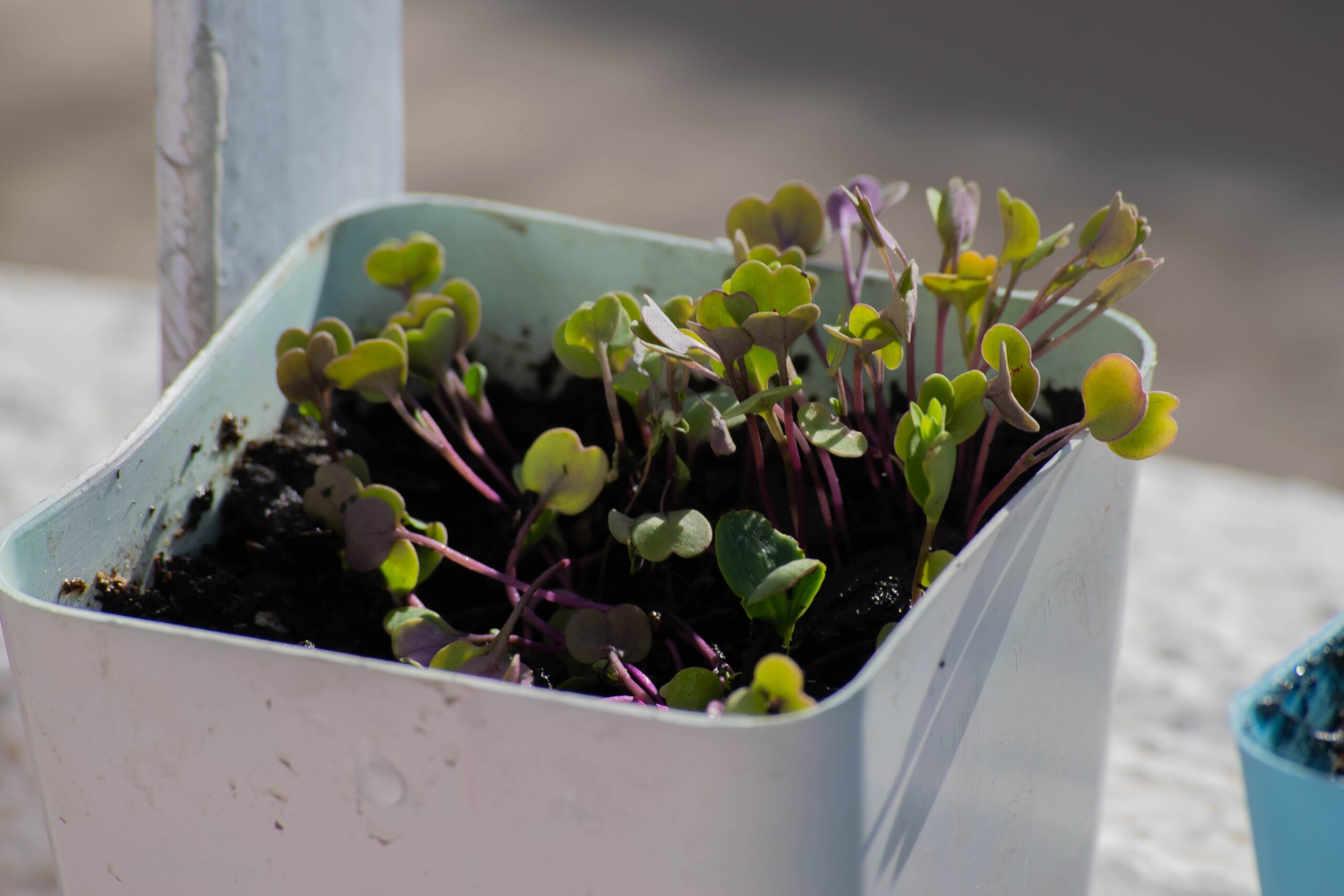
As the world steps into 2023, sustainable practices in every facet of our lives gain paramount importance. Among these practices is the responsible disposal of organic fertilizer. This comprehensive guide sheds light on the significance of disposing of organic fertilizer correctly and offers insights into the best methods to achieve this.
Organic fertilizers, sourced from natural elements like plant and animal waste, have become indispensable for gardeners and farmers. Their unparalleled ability to boost soil fertility and promote vigorous plant growth is well-recognized. However, the repercussions of their improper disposal can be detrimental to the environment. As we journey through 2023, understanding the best practices for disposing of organic fertilizer responsibly is essential.
The Importance of Proper Disposal
Disposing of organic fertilizer in the right manner is crucial. While these fertilizers are derived from nature, mishandling can lead to severe environmental issues, including water pollution, soil degradation, and threats to aquatic life. The phenomenon of nutrient runoff, a direct result of improper disposal, can trigger algal blooms in water bodies, leading to oxygen depletion and imbalance in aquatic ecosystems. Furthermore, over-application or misuse can result in nutrient imbalances in the soil, affecting plant health and leading to soil erosion.
Adhering to Local Regulations
Before adopting any disposal method, it’s imperative to acquaint oneself with the local regulations and guidelines. Different regions have specific rules pertaining to organic waste disposal. By complying with these, one can avoid legal complications and ensure a positive contribution to the environment.
Composting: Turning Waste into Wealth
Composting emerges as a top-tier method for disposing of organic fertilizer. This transformative process converts organic waste into a nutrient-rich soil supplement, minimizing waste and providing a valuable resource for gardening.
Donations: A Win-Win Solution
Donating surplus fertilizer to community gardens or farms is a commendable disposal method. Such contributions can significantly benefit these entities by improving their soil quality and fostering sustainable agricultural practices.
Utilizing in Personal Gardens
Another pragmatic approach is to employ the surplus fertilizer in personal gardens. By adhering to the recommended application guidelines, one can ensure the judicious use of the fertilizer, benefiting the flora and safeguarding the environment.
Landscaping Projects: A Creative Outlet
For those engaged in landscaping, amalgamating organic fertilizer with soil can be an ingenious way to utilize excess fertilizer. This method not only aids in waste reduction but also augments the soil’s quality, ensuring the flourishing growth of plants.
Seeking Professional Guidance
In instances of uncertainty, consulting a professional in agriculture or waste management can be invaluable. Their expertise can steer individuals towards the most ecologically sound and effective disposal methods tailored to specific situations.
Storage: Prevention is Better than Cure
To avert the accumulation of surplus fertilizer, its proper storage is of the essence. Keeping it in airtight containers, in cool, dry locales, and distant from food or water sources is pivotal. Proper labeling and ensuring the fertilizer remains inaccessible to children and pets further guarantees safety.
By following these effective ways to dispose of organic fertilizer in 2023, you can contribute to a healthier environment and ensure the responsible management of this valuable resource. Remember, every small action counts when it comes to protecting our planet.

